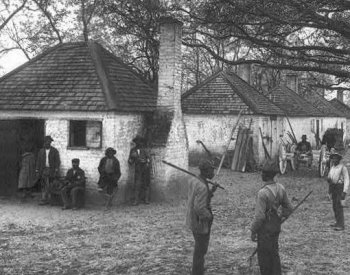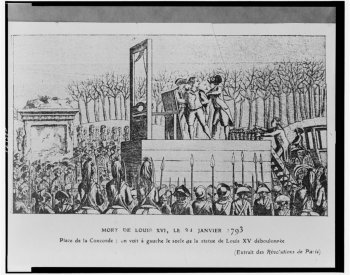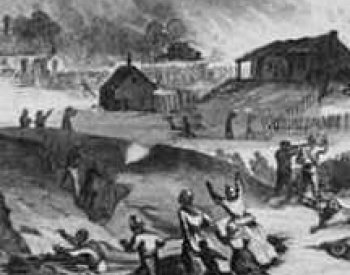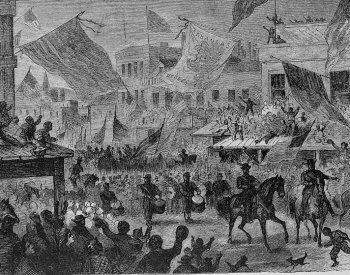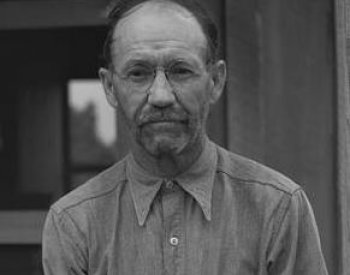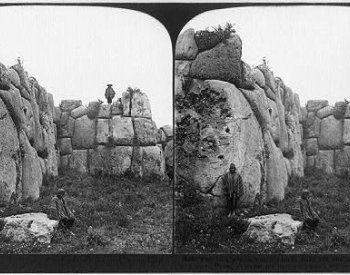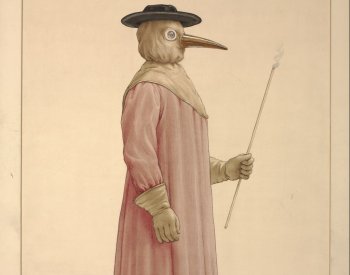To answer this question correctly, students must see both the strengths and weaknesses of the interview as evidence of what provoked the Nashville Riot in 1967. For Question 1, students must explain that the interview is useful as evidence because it is a contemporary account from someone closely involved with the events leading up to the riot. For Question 2, students might explain that the fact that Cleaver was not present at the start of the riot limits its usefulness as evidence. Students may also explain that the fact that the interview was conducted more than four decades after the events occurred could affect the accuracy of her account.
Level: Proficient
Question 1
Student explains that the interview is useful evidence in that it offers an account by someone closely involved in the events in Nashville preceding the riot.
Question 2
Student explains that the interview may be less useful as evidence because it was recorded decades after the events Cleaver is recalling, or the student explains that Cleaver's account is second-hand because she was not present to witness the events she recalls.
Level: Emergent
Question 1
Student sees that the interview provides evidence about the causes of the riot but makes assumptions that go beyond the warrants of the evidence or does not fully explain how the interview could provide useful evidence.
Question 2
Student sees that the interview has limitations but provides an incomplete explanation about why it is less useful as evidence.
Level: Basic
Question 1
Student does not provide a relevant explanation for how the interview could be useful as evidence.
Question 2
Student does not identify or explain the limitations of the interview as evidence.
